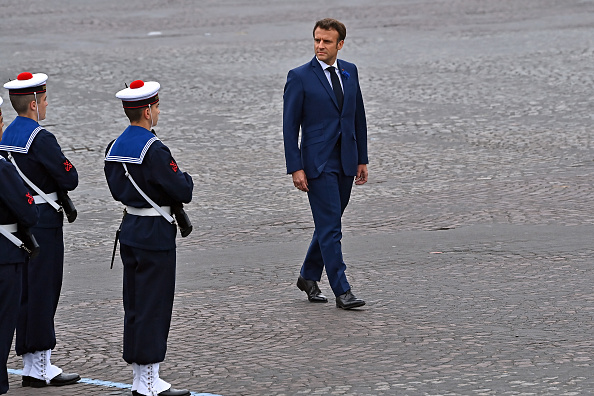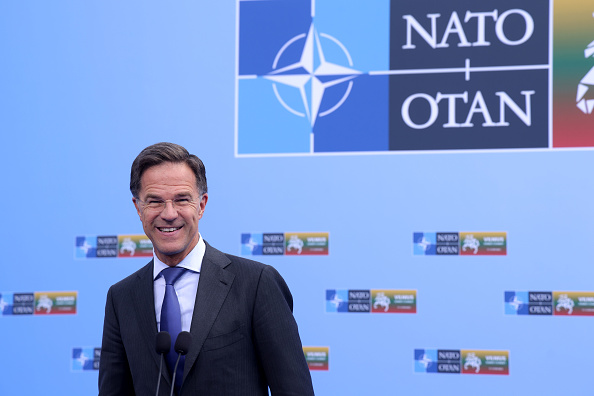Six European countries with North Sea coastlines signed an agreement to work together to protect the marine region’s rapidly expanding underwater infrastructure from Russian sabotage.
Under the deal agreed on April 9, Denmark, Belgium, the UK, Germany, Norway and the Netherlands will review security arrangements and share information about their growing networks of telecommunications, electricity cables and gas pipelines as well as any threats they may face from sabotage.
Several officials involved in the agreement said their minds were focused by the as-yet unsolved September 2022 explosions that seriously damaged the Nord Stream gas pipelines carrying Russian natural gas to Western Europe.
Danish law enforcement said it found evidence of a deliberate attack on the system in February 2024 but not enough to build a criminal case. Sweden concluded a state actor was most likely responsible.
“About time,” Paul Sullivan, an energy expert and senior fellow at the Atlantic Council’s Global Energy Centre, said of the agreement.
In April last year, a joint investigation by public broadcasters in Denmark, Norway, Sweden and Finland said Russia was using a fleet of 50 small ships disguised as fishing and research vessels to map the North Sea for key sites for possible sabotage.
Already, the sea “is one of the areas with the highest density of maritime infrastructure”, noted the German Embassy in London.
A large number of new windfarms, often built with huge government support as countries chase ambitious COP21 climate-change targets, will soon be added.
Hornsea 3, which Denmark’s Ørsted is building in the North Sea off the Yorkshire coast in North England, will be the world’s largest offshore windfarm, capable of providing power for 3.3 million homes.
That comes at a significant cost: £8 billion.
The UK increased its financial support for the project in December, after the Danish company raised fears about whether it could complete it.
“We’re hoping that the North Sea will become the ‘green’ powerhouse of Europe,” said the UK’s Deputy Trade Commissioner for Europe Kathryn Boyd.
But “what would happen if someone was able to shut down that capacity” and “take out whole windfarms or interconnectors in a similar way to Nord Stream 2?”, she asked.
Security of underwater cables has long been a priority of British Prime Minister Rishi Sunak, who wrote a 2017 report on the issue for the Policy Exchange think-tank when still a backbencher.
Since the first trans-Atlantic cable was laid in 1858, such undersea infrastructure has mainly been installed and owned by private companies, which Sunak said has meant they often do not get the attention from governments they deserve.
Boyd said the “clear trend is that cyberattacks on renewable-energy assets are increasing in frequency and scale”.
While “financial gain remains the primary driver, now that renewable power is essential for global energy security, the industry is also a magnet for geopolitically motivated actors seeking to destabilise national infrastructure”, she added.
Stefan Thimm, Berlin-based managing director at the Federal Association of Offshore Wind Energy (Bundesverband Windenergie Offshore), said: “Offshore windfarms are part of our critical infrastructure and it’s obvious that they’re increasingly becoming the focus of saboteurs.”
Norway and the UK signed a security partnership in May last year to exchange intelligence and co-operate in improving their abilities to counter threats from mines and submarines in the area.
Since July last year, the UK has also kept its patrol ship RFA Proteus in the North Sea to protect windfarms, cables and gas pipelines in both countries’ waters.





